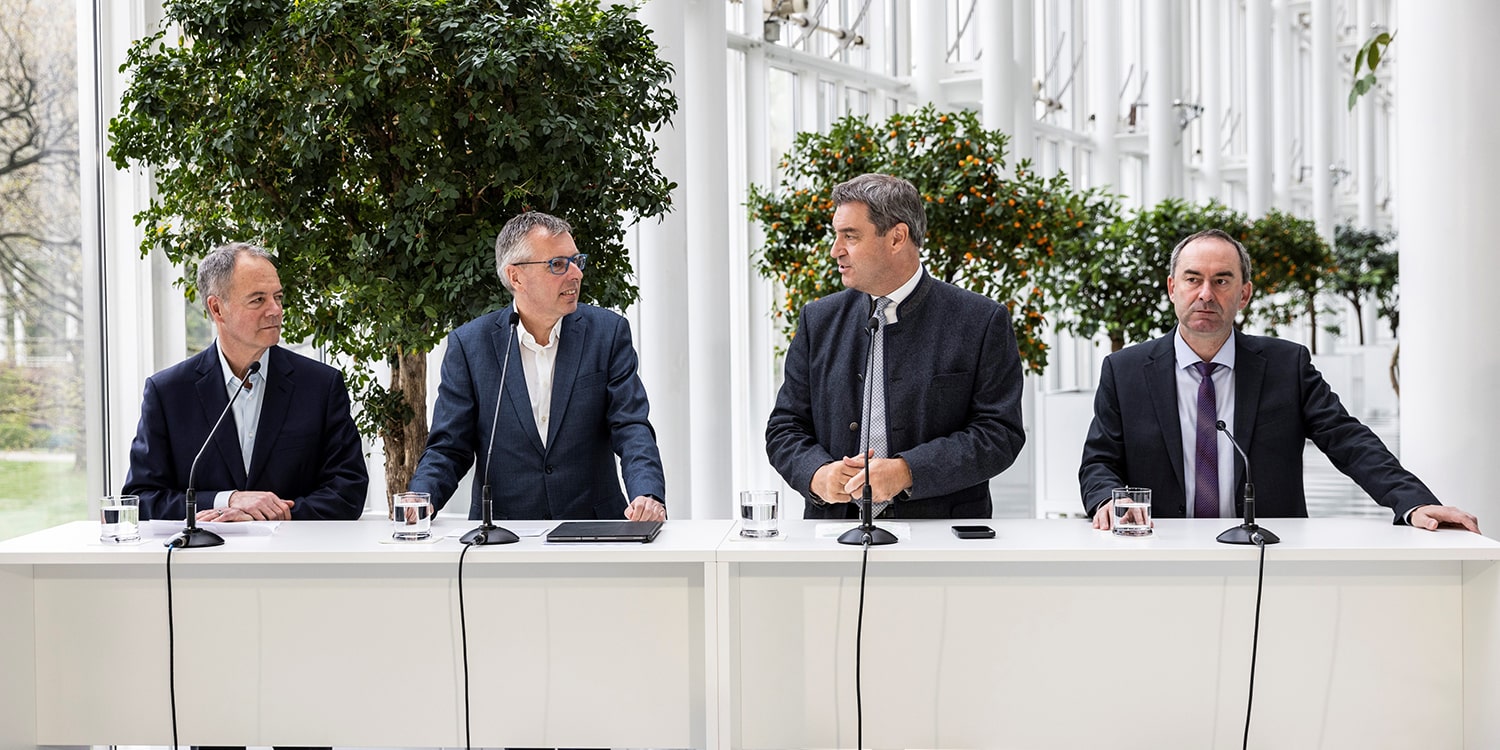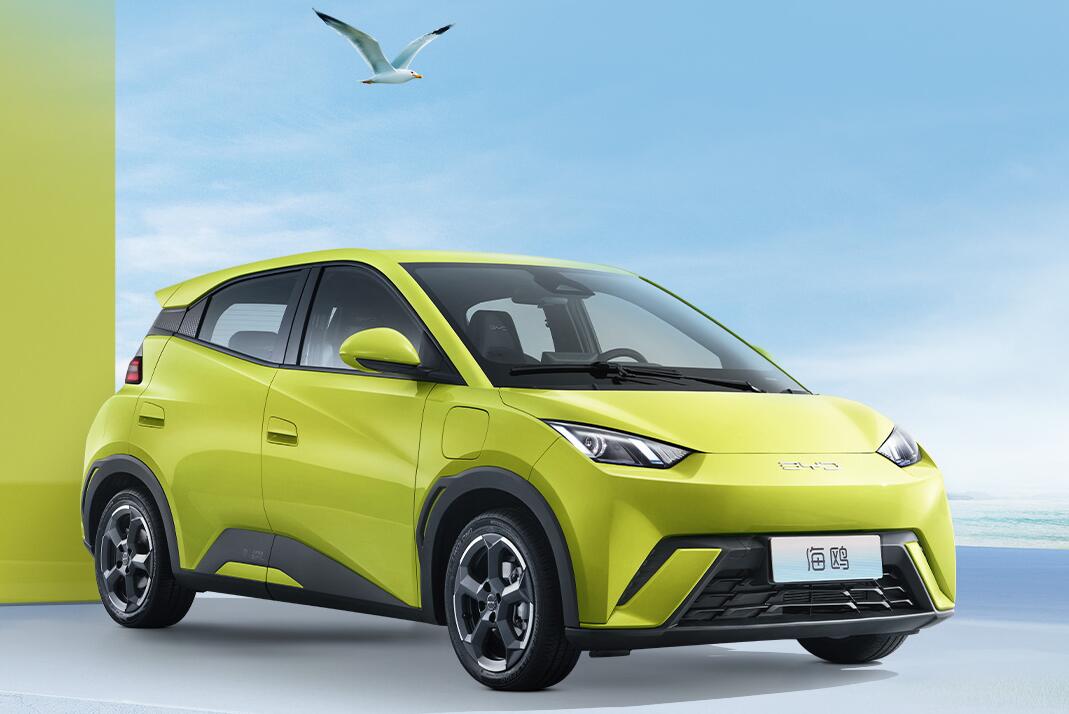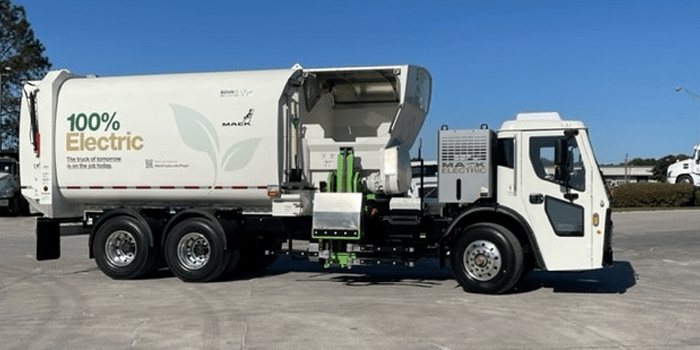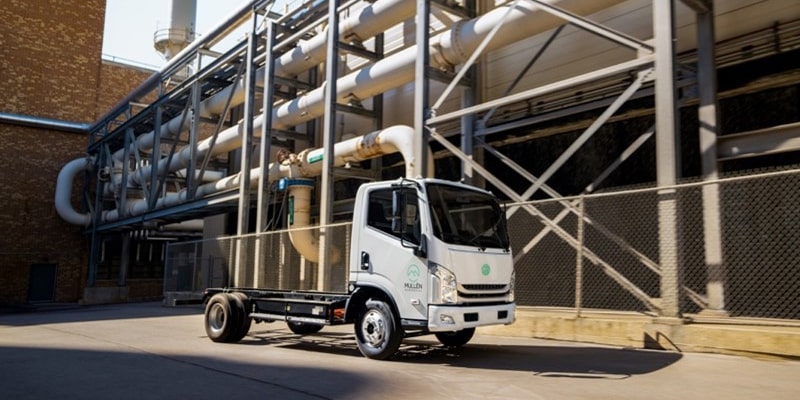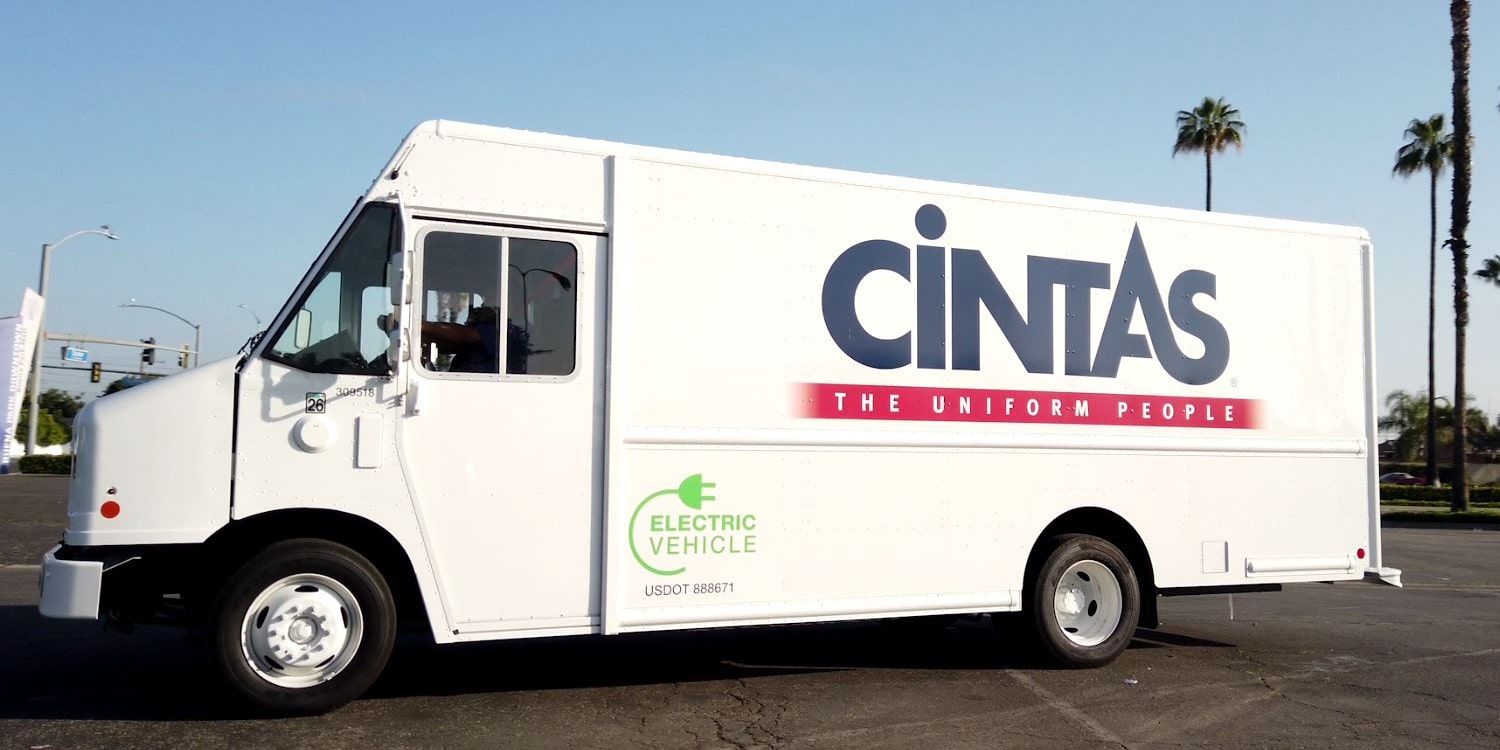Plug Power, a leading provider of hydrogen fuel cell solutions, has announced the launch of a stationary fuel cell system for charging commercial electric vehicle (EV) fleets. The system uses 18,000 gallons of liquid hydrogen, combined with a new megawatt-scale fuel cell solution, to provide 60 MWh on-site. According to the company, this is enough to charge over 600 EVs.
The new system targets commercial operators who face challenges such as grid restrictions, clean power requirements, or long waits for grid infrastructure upgrades, which can hinder EV adoption. “Customers are approaching Plug for hydrogen power generation options, and we expect this offering to be one of the largest applications for stationary use this year,” said Luis Crespo, General Manager of Applications and Global Accounts for Plug Power.
See also: Genesis Introduces New Plug & Charge System for Seamless Electric Vehicle Charging
To provide hydrogen to locations using fuel cells to power charging stations, Plug Power plans to rely on hydrogen fuel cell trucks. In late 2022, the company placed an order with Nikola to deliver 75 Tre FCEVs, which Plug will use to provide liquid hydrogen. In North America, Plug Power aims to produce 500 tonnes of hydrogen per day by 2025 and up to 1,000 tonnes globally by 2028.
In Europe, Plug Power is best known as a joint venture partner of Renault, with whom it has the joint venture Hyvia. The company’s European business is managed from its new headquarters in the port of Duisburg, Germany. Plug Power is also active in Asia through cooperation with the South Korean SK Group, which recently resulted in a joint venture.
See also: Nikola receives order for 75 Tre hydrogen fuel cell electric vehicles from Plug Power
Plug Power is currently showcasing its new fuel cell system, hydrogen dispenser with simulated refuelling, and fuel cell-powered Hyvia delivery van at the Advanced Clean Transportation (ACT) Expo. With this new technology, Plug Power is set to revolutionize the way commercial fleets charge their EVs and help to accelerate the adoption of zero-emission vehicles worldwide.


